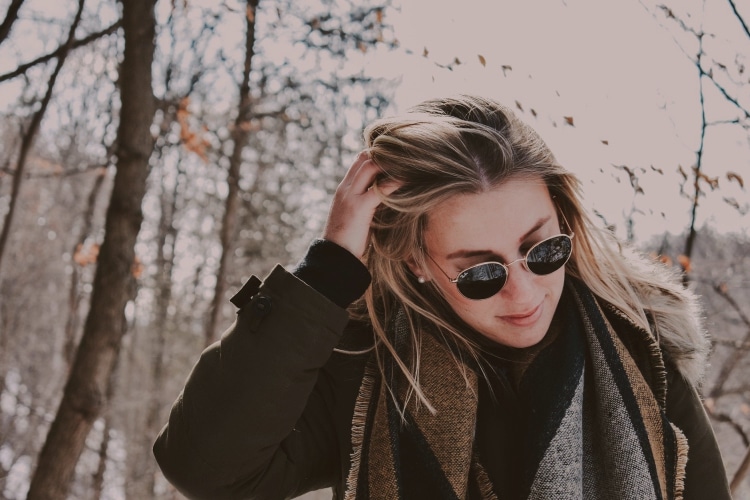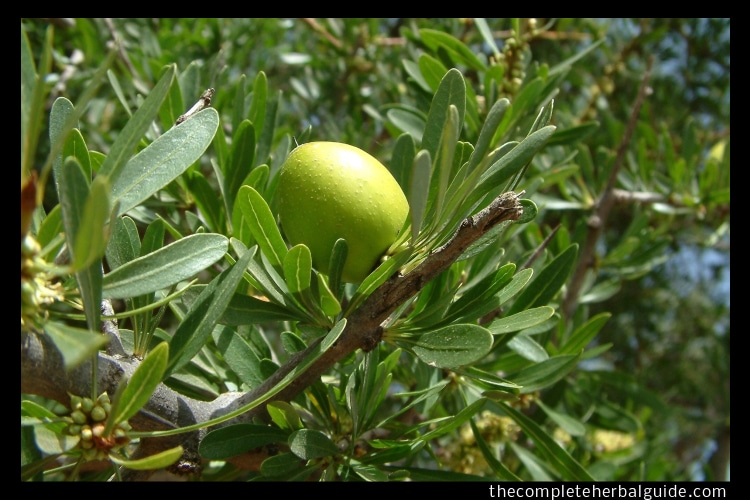
How to Have Beautiful Hair Naturally without Spending A Fortune
You might be surprised to learn that it’s a balanced diet. Experts agree that a healthy diet with the right mix of protein, iron, and other nutrients can help improve the health, look, and feel of your hair.
“To a doctor,” says dermatologist Amy McMichael, MD, “healthy hair is hair that’s growing appropriately out of every follicle, not easily broken, and connected to a healthy scalp… it’s hair that’s as long and full as you’d like it to be. It’s bouncy, shiny, and manageable.”
A balanced diet can give your hair all the nutrients it needs to satisfy both definitions for healthy hair, says McMichael, who directs the Hair Disorder Clinic at Wake Forest Baptist Health in Winston-Salem, N.C.
Table of Contents
Healthy Hair: Protein Is Important
Your hair needs the same well-rounded diet that provides all the recommended vitamins, minerals, and other nutrients needed for good health in the rest of your body.
Take protein, for example. A strand of hair is composed of mostly protein, which means your hair needs protein to grow. “Hair and nails are both protein fibers,” says dermatologist Paradi Mirmirani, MD, of the Permanente Medical Group in Vallejo, Calif., and a member of the North American Hair Research Society.
At any given time, about 90% of your hair is in a growing phase. For each individual hair, this growing phase lasts 2 to 3 years. At the end of that time, hairs enter a resting phase that lasts about 3 months before they are shed and replaced by new hair. If you don’t get enough protein in your diet, a disproportionate number of hairs may go into the resting phase.
A typical scalp has about 120,000-150,000 strands of hair and sheds about 50 to 100 strands of them each day. Most people don’t even notice that small amount. But if an unusually large number of hairs enter the resting phase at the same time, hair loss can become noticeable.
If not getting enough protein is the reason, you can fix that through your diet.
Iron and Other Nutrients
Protein isn’t the only nutrient needed to maintain healthy hair. You also need iron, vitamin E, and trace minerals such as selenium, copper, and magnesium to help keep your hair in good shape. “These are all involved in the production of the various proteins that make up your hair,” says Christine Gerbstadt, MD, RD, spokeswoman for the Academy of Nutrition and Dietetics (formerly called the American Dietetic Association).
Not getting enough iron can cause hair loss.
“The best source of iron in your diet is meat,” Gerbstadt says. Clams, oysters, and organ meat top the list “But there are problems with eating a lot of organ meat,” Gerbstadt says. “Lean meat, though — pork, beef, and fish — are all good sources.”
Good vegetarian sources of iron include fortified cereals, soybeans, pumpkin seeds, white beans, lentils, and spinach. The problem with iron from non-animal sources is that the body absorbs iron less efficiently from plants. “It’s possible to eat a vegetarian diet paying attention to iron and still not get enough,” Gerbstadt says.
Her advice: Talk with your doctor about your diet and ask for an iron test so your doctor can check on whether you should consider taking an iron supplement.
Vitamin D and Your Hair
Are Hair Supplements Necessary?
“Any vitamin deficiency will cause hair loss. All the vitamins are important — B, C, E,” says Carolyn Jacob, MD, founder and medical director of Chicago Cosmetic Surgery and Dermatology.
But that doesn’t mean, as she and other experts point out, that you need to buy special supplements for your hair.
“The best source of the nutrients you need,” Jacob says, “is a true, well-balanced diet.”
Mirmirani says she is often asked about adding zinc or biotin supplements to a diet. “I don’t check the zinc or biotin levels in patients,” she says. “It’s very hard in an American diet for those things to become deficient. And there hasn’t been any good evidence that taking zinc or biotin supplements actually offers any benefits for hair.”
Extra biotin probably won’t hurt, “but it’s not clear it does much good, either,” Mirmirani says.
If you take a supplement, Jacob says, tell your doctor so it’s part of your health records. Your health care providers should know about everything you take, even if it’s natural or didn’t need a prescription.






